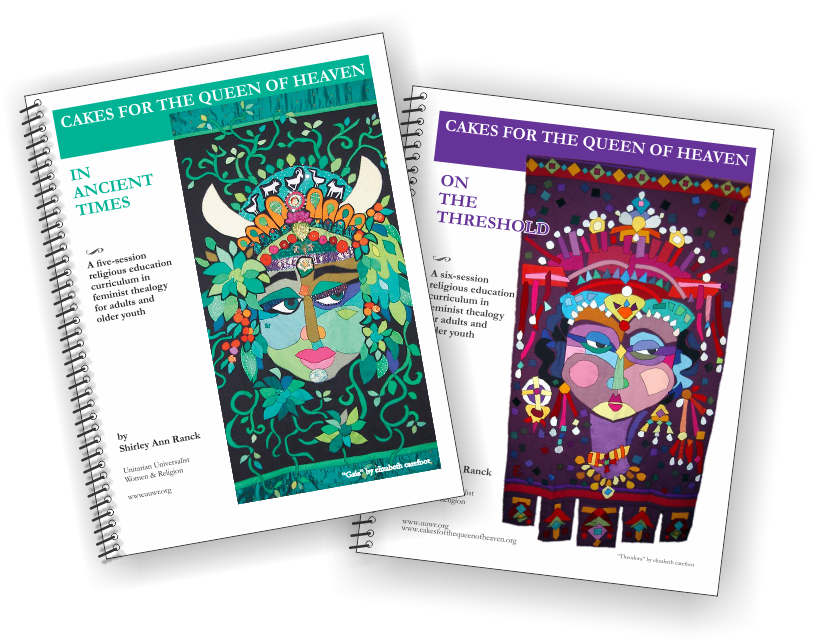A WRITER, THINKER, AND TRAILBLAZER
By Jenny Rankin
Boston Globe - Boston, Massachusetts, May 24, 2010
IN ROME this week, on a speck of an island in the Tiber River, Italians pause to celebrate an American they see as a heroine. In 1849, Margaret Fuller ran a hospital on that island where she ministered to Garibaldi's forces fighting the French.
There is even more reason over here to remember Fuller, who was born in Cambridge 200 years ago yesterday. Fuller is now seen as America's first female public intellectual. Fuller said women were constrained and diminished by a society that failed to see their true powers. She urged women to be all they could be. "Let them be sea captains" was her public cry - and a private credo. "Very early," she said, "I knew that the only object in life was to grow."
As a thinker and writer, Fuller is on a par with Ralph Waldo Emerson, Henry David Thoreau, and Bronson Alcott. Some called her arrogant and self-involved, while others said in Fuller's company they felt more truly "themselves" than ever before. Fuller drew out their deepest confidences.
She put her imprint on that distinctively American school of thought, transcendentalism. But, like so many women in history, she is overlooked and misunderstood to this day.
The oldest of nine children, Fuller was educated at home. She studied Latin at 6. By 12, she was winning prizes at Dr. Park's elite school for girls on Mt. Vernon Street, a tendency to compete that did not always make her popular with her peers. She inhaled books with a voracity rivaling that of her peer, Unitarian minister and abolitionist Theodore Parker. Unlike Parker, however, Fuller could not attend Harvard College. Nor could she become a Unitarian minister. As a bright and sometimes awkward teenager (a friend called her "bumptious"), she took her education into her own hands and drove herself hard. Determined to translate Goethe for an American audience, Fuller stayed up nights to learn German. Emerson praised her work, calling it "a beneficent action for which America will long thank you."
Fuller's father died when she was 25. She stepped in as head of the household and needed to earn money. She went to Concord to visit Emerson - the first of 14 visits over nine years. Alcott invited her to teach at his progressive school. Quickly, Fuller moved to the center of that circle of women and men, the transcendentalists, whose spiritual and intellectual energy was lighting the New England sky.
Years later, Emerson remembered vividly his first meeting with her. She had an unfortunate trick, he said, of rapidly opening and closing her eyes, but still, he told his brother, to be with someone so intelligent was "a great refreshment." "It is like being set in a large place. You stretch your limbs and dilate to your utmost size."
Fuller left New England, first for New York, working for Horace Greeley's New York Herald Tribune and publishing "Woman in the Nineteenth Century." While there, she had a brief but tortured relationship with New York businessman James Nathan. Fortunately, it didn't last. London and Paris were next.
Fuller, the first female foreign correspondent, sent home dispatches from prisons and factories, told of new trends in art and literature. In Rome, she found "the home of my soul" and also met Giovanni Ossoli when she got lost outside St. Peter's at twilight. They fell in love, and Fuller became pregnant and retreated to a hill town, Rieti, to give birth. Scholars surmise that she and Ossoli married at some point, but Fuller kept the baby a secret from all for more than a year.
As the Italian rebellion gained force in 1849, foreigners fled Rome. Not Fuller. She stayed to care for wounded patriots in her island hospital. During the siege, Fuller had left her infant son, Angelino, back in Rieti with a nurse.
This spring, I saw the holes made by French cannonballs in the old stone walls of Rome. I saw Fuller's hospital, and I stood on the ramparts that Garibaldi's men, including Ossoli, defended.
No trans-Atlantic ticket is required, however, to see evidence of Fuller's life in Massachusetts. Go to her Cherry Street birthplace in Cambridgeport, or to the Emerson house, in Concord, where, as they sipped tea, Fuller and friends talked out ideas that would change America.
Fuller's life was cut short when, sailing home from Italy, her ship - loaded with Carrera marble - hit a sandbar off Fire Island and went down. She, Ossoli and their 2-year-old son drowned. Emerson sent Thoreau the next day to look for her manuscript on the Italian Revolution. It was never found. All Thoreau brought back to Concord was a button from Ossoli's greatcoat.
Fuller was as human as any of us. She faced obstacles and had struggles. She knew how the limitations society put on women could be soul-killing. Yet she was a person of spiritual courage and an inspiration to American women who refused to be made smaller than they really were.
Jenny Rankin is minister at First Parish in Concord, Unitarian Universalist.
Reproduced with permission of the author.


